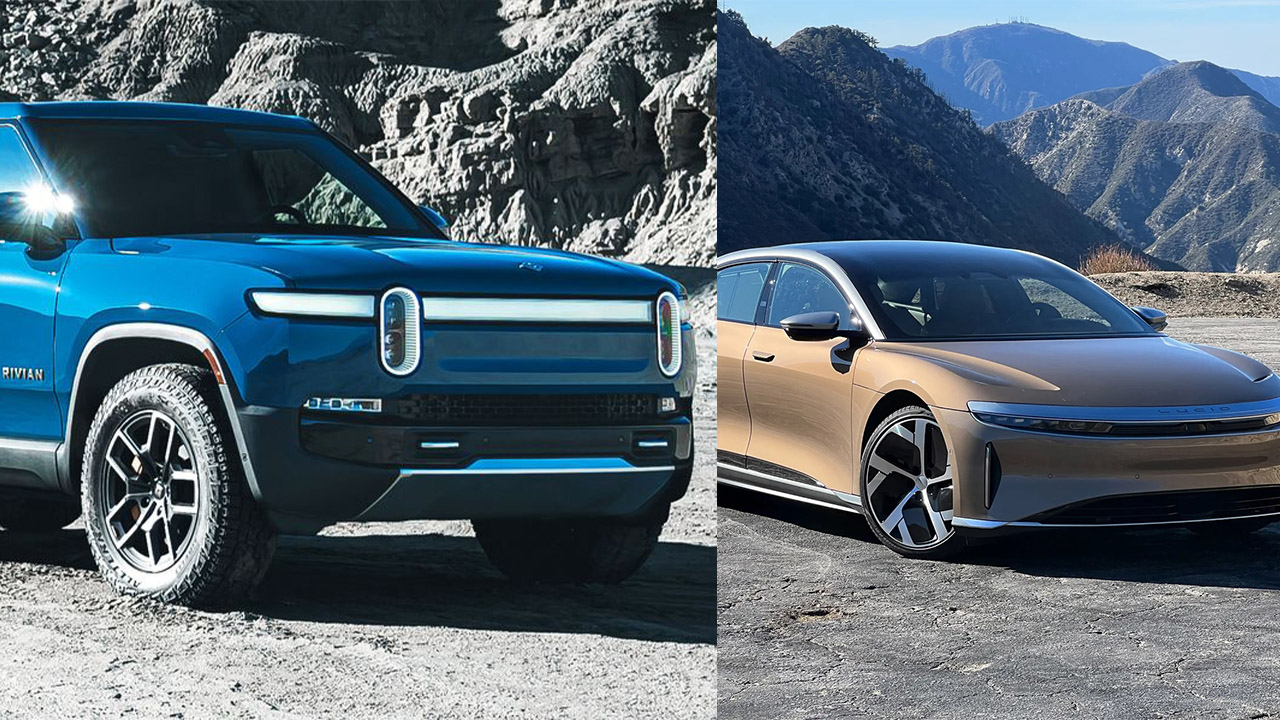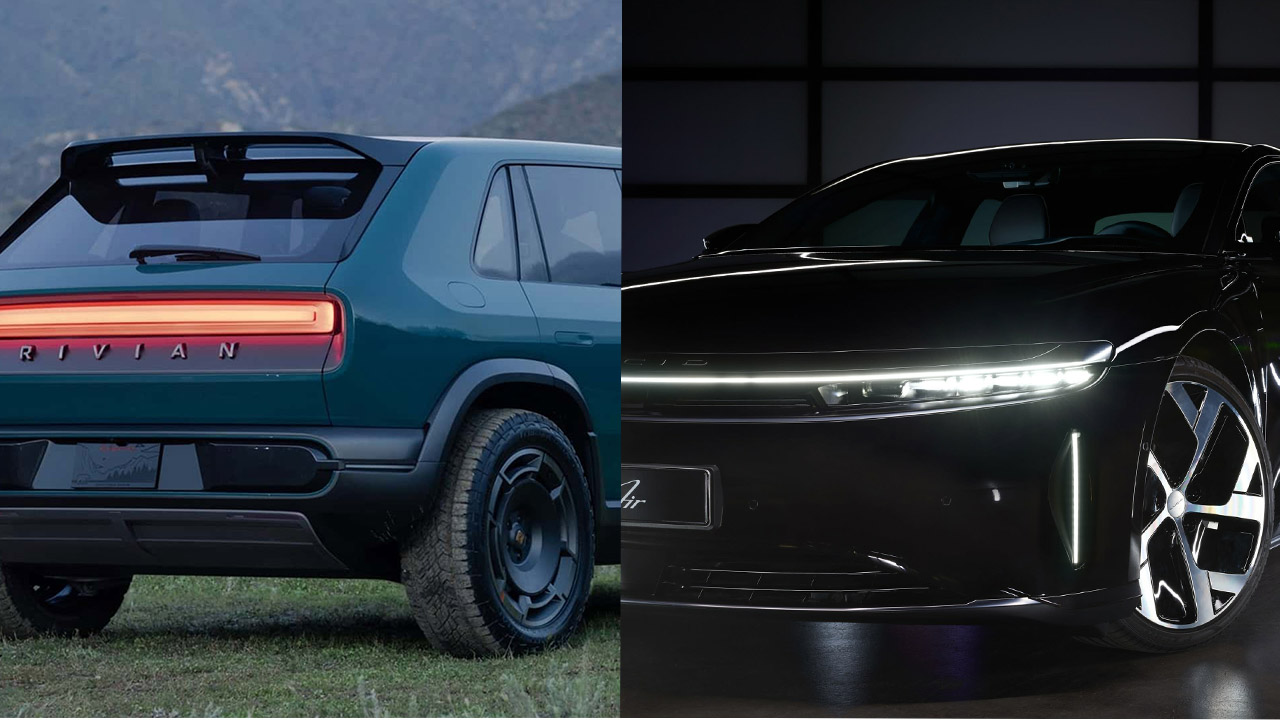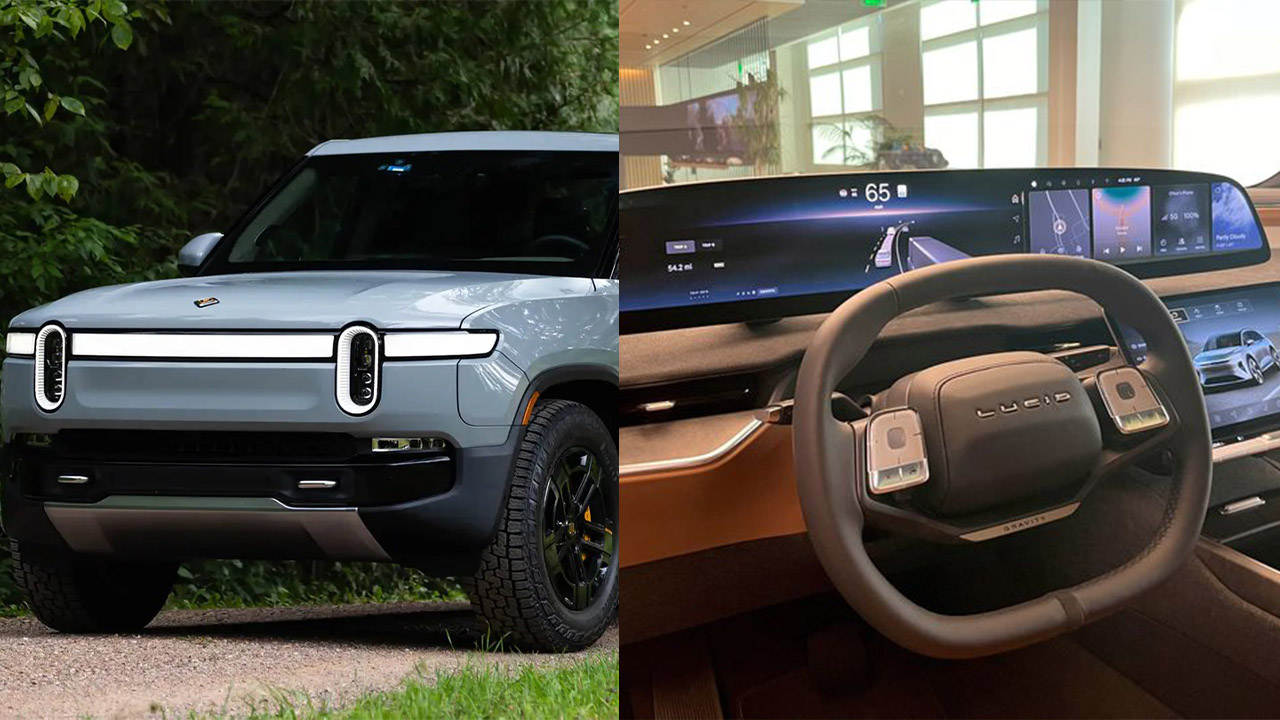Electric vehicle startups, once buoyed by favorable economic conditions and investor enthusiasm, are now facing a formidable challenge to demonstrate their resilience amidst a more demanding market environment, with some already succumbing to bankruptcy.
A primary focus for these companies is securing cash flow. Executives from Rivian Automotive, Lucid Group, and Nikola Corp. have all outlined strategies this week to streamline operations and achieve profitability while managing costs.
These efforts encompass a spectrum of measures including workforce reductions, production adjustments, supplier relationships reevaluation, and strategic prioritization.
This urgency arises as the adoption of electric vehicles proceeds at a slower pace than initially anticipated, compounded by intense competition.
Even Tesla, the U.S. leader in electric vehicles, is undergoing a restructuring process involving significant layoffs.
Analysts on Wall Street have dubbed the current phase of the electric vehicle market as an “EV winter,” signaling a departure from the previous exuberance or, more optimistically, a temporary setback that manufacturers must work for sustained growth.

Citi analyst Itay Michaeli remarked in a recent investor note that the adoption of electric vehicles in the U.S. has hit a rough patch after initial momentum, but expresses optimism for improvement over the next 12-18 months.
Rivian Automotive has been particularly proactive in cost reduction efforts, including staff reductions and retooling of its manufacturing facilities in Illinois.
Additionally, it has postponed the construction of a new factory in Georgia, anticipating significant savings. The company reported robust cash reserves, totaling $7.86 billion by the end of March.
Lucid, while facing demand challenges and substantial losses, received a vote of confidence with a $1 billion investment from an affiliate of Saudi Arabia’s Public Investment Fund.
CEO Peter Rawlinson expressed optimism about the startup’s future, highlighting ongoing cost optimization efforts and technological advancements.

Nikola, primarily focused on commercial vehicles, is also striving to lower costs while expanding its sales. Its cash reserves, however, are comparatively lower, standing at $469.3 million at the end of the first quarter.
Stock prices of Rivian, Lucid, and Nikola have all experienced significant declines, with Nikola’s shares, in particular, trading below $1, posing a risk of delisting from the Nasdaq.
Rivian remains relatively stable compared to its counterparts, while Lucid has witnessed a sharp decline over the past year.
The challenges faced by electric vehicle startups extend beyond these major players, with some, like Lordstown Motors and Electric Last Mile Solutions, already filing for bankruptcy. Fisker is on the brink of a similar fate, having halted vehicle production.
Looking ahead, lesser-known players such as Canoo are also going through a tough market environment, emphasizing the need for capital raising and cost-cutting measures to weather the storm.







Leave a Reply